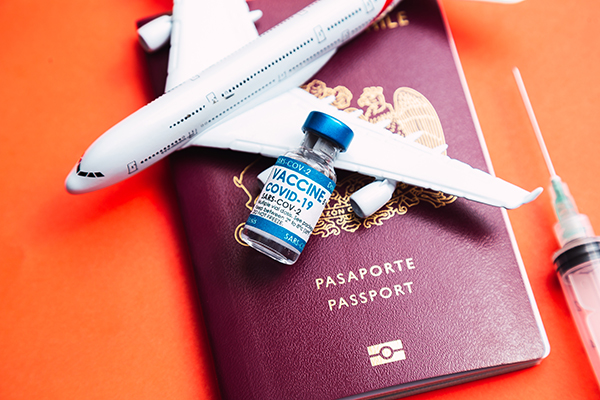
The supplement in question is known as Uvesterol D, which is a liquid vitamin D supplement frequently given to children overseas who are suffering from a deficiency. The national medical safety agency of France, the ANSM, has previously issued several warnings about the supplement due to how it is administered, most notably when given to newborn babies.
On December 21, 2016, a baby passed away at just 10 days old, following the administration of Uvesterol D. Investigations revealed that there was a probable link between the supplement and the infant's death.
In a December 30th email written by the ANSM, and seen by the AFP, the health organization notes that the baby died at home from "cardio-respiratory arrest" after receiving a dose of the liquid vitamin D supplement. In essence, the baby died from drowning on the water used as the carrier for vitamin D.
Uvesterol D is given to children via a pipette, and the ANSM has explicitly cautioned that this route of administration is not appropriate for babies. The agency suggests it should be given to infants by merely placing one drop at a time rather than giving them the whole dose at once. A smaller-sized dose has also been recommended, and the group suggests it be given before feeding to help ensure that infants are in a semi-upright position before being given the liquid. The ANSM issued warnings about the liquid being a choking hazard to infants in 2006 and again in 2013.
One might be inclined to ask who, if anyone, prescribed this supplement to the baby in spite of the very apparent risks. One might also be concerned about the parents' potential lack of proper education on medication administration for newborns, or perhaps question why such information was not printed on a product that is primarily given to children.
It seems that the supplement manufacturer, a French company named Crinex, will be bearing the brunt of the blame, at least in France. The liquid form of Uvesterol D will be suspended from the marketplace for the time being.
Health Minister Marisol Touraine recently issued a statement on the matter.
"I want to reassure parents who have given vitamin D, in whatever form, to their children: they are safe," she claimed. Touraine noted that it was "the specific way the product is administered that presents risks," and added that Uvesterol D is the sole target of their concerns, at least for now.
Touraine also called on parents, "as a precautionary measure, to no longer administer Uvesterol D to their children," before any kind of definitive decision from the ANSM has been announced.
Despite the ANSM and Touraine noting that other vitamin D products are safe, the nutrient has still been featured in wildly misleading headlines. Even the BBC is guilty of being inflammtory, with one recent headline proclaiming, "French baby death linked to vitamin dose."
Really?
Further reading, even within that very article, reveals that the vitamin dose had nothing to do with the baby's unfortunate passing; the baby choked and suffocated on the medication. This infant did not die of a vitamin D supplement overdose, though that is exactly what that title seems to imply.
Another headline, from the site Politico, boasts, "France moves to ban vitamin D brand after baby's death." A quick search reveals countless others: "French baby dies after taking product to treat vitamin D deficiency," from AOL.com , and "Baby dies in France after being given vitamin D supplement," from RFI.fr -- to name just a few.
The onus always seems to be on the vitamin, rather than on the fact that this baby suffocated on a medication he or she probably never should have received at such a young age. Vitamin D did not harm this child -- negligence from the medical community and pharmaceutical industry as a whole did. If this supplement was so risky to infants that multiple warnings needed to be issued, perhaps that should have been reflected on the label.
See more examples of fake science reporting from the "fakestream" media at FakeScience.news.
Sources:
Please contact us for more information.























